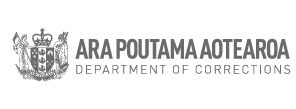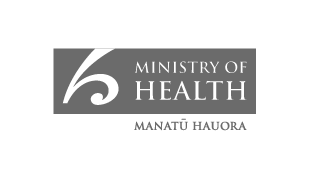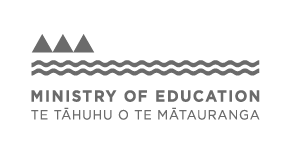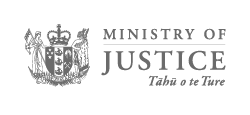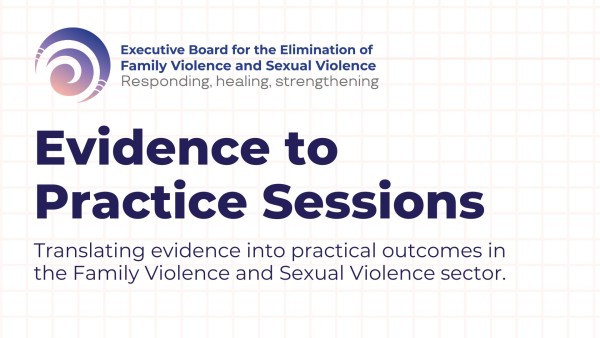
These sessions will cover topics of sexual violence and family violence that may be difficult or distressing - please take care.
Evidence to Practice Sessions are a series of conversations that bridge the gap between research and practical application. Each session features a concise 15-minute presentation on the latest research, followed by a 30-minute discussion on the practical implications of the work, with an expert from our Business Unit.
Following the presentation and discussion, this format allows for Q&A which ensures that the sessions are not only informative but also highly relevant to real-world practice.
The Executive Board for the Elimination of Family Violence and Sexual Violence brings government agencies together to align whole-of-government strategy, policy and investment to eliminate family violence and sexual violence. Individual agencies are responsible for delivering and funding family violence and sexual violence services, programmes, and prevention initiatives.
______________________________________________________________________________________
Or save the date in your calendar with this Microsoft Teams join link(external link)
Please join us for the next Evidence to Practice session, focusing on primary prevention in LGBTQIA+ communities. This session will focus on the rapidly growing evidence base for prevention of family, domestic and sexual violence experienced by LGBTIQA+ communities, and the implications for policy and practice.
Marina Carman is the Executive Director for Prevention, Advocacy and Social Change at Safe and Equal – Victoria Australia's family violence peak body. In her previous role as Director of Rainbow Health Australia, she led the development of the Pride in Prevention suite of resources, and has authored a wide range of academic publications, reports, resources and practice guides on prevention of violence against LGBTIQA+ people.
https://rainbowhealthaustralia.org.au/pride-in-prevention(external link)
Last modified:
